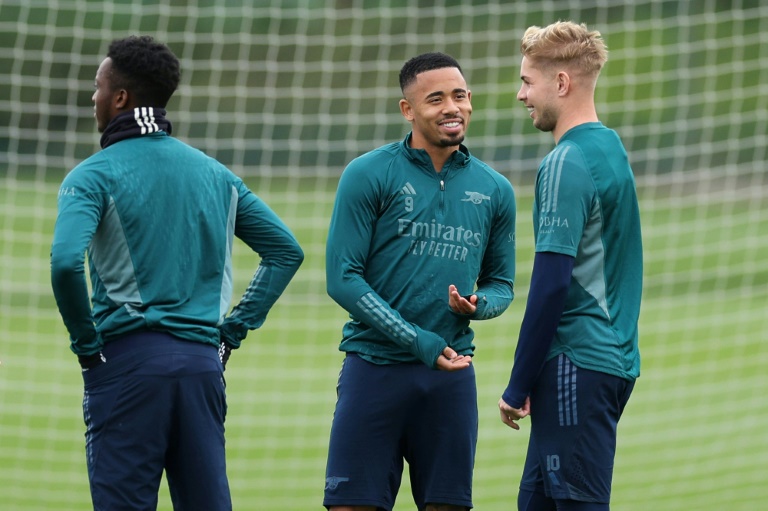A £100-an-hour maths tutor who polishes the skills of children at elite private schools is launching a scheme to donate the same help to the poorest state school pupils after feeling guilty about his impact on social mobility.
Muhammad Ali, a banker turned tutor in London, has started offering booster sessions to children on free school meals, refugees and other indications of relative poverty. The scheme is an effort to reverse some of the educational inequalities Ali fears the burgeoning private tuition sector is responsible for widening even if tutors are trying to fill gaps “left by a broken education system”. He has signed up 15 other private tutors and is seeking funds from philanthropists to widen the programme.
Ali is in high demand among the affluent families of north London and has delivered 15,000 hours of private teaching since he quit a job at a hedge fund. His pupils include children at private schools such as Benenden and Eton who are already benefiting from educations costing more than £40,000 a year.
Ali came from a poor background, arriving in Manchester with his parents from Bangladesh aged three in 1976. He went to what he described as a low-achieving comprehensive, passing only two GCSEs before turning around his academic performance and gaining a physics PhD from the University of Cambridge.
“I noticed a pattern of the people coming to me [for tuition],” Ali said. “There were bankers, lawyers – they were not the aspirational middle classes, they were the wealthy middle classes. On a moral and ethical level I just didn’t feel it was OK. I didn’t feel it was right that only rich people can pay for my tutoring. The gaps between the haves and have nots keep getting bigger and I felt a lot of guilt I was part of the problem.”
He added: “It’s not the tutors’ fault, it’s the system that’s broken.”
In 2019, an Isos poll of 11- to 16-year-olds in England and Wales found 27% had received some form of tuition, rising to 41% in London. Those from “high affluence” households were far more likely than those from ‘“low affluence’” homes to have received such tuition at some point, 34%, compared with 20%.
Ali is offering free maths tuition to year 6 pupils at state primary schools in north London, and is expanding this into helping with university entrance and GCSEs through the MST Foundation he has established for the purpose. To qualify, children need to be either in receipt of the pupil premium, on free school meals, the 16-19 bursary fund, have refugee status or come from a family on benefits if they are not in school.
At a recent tutoring session at Drayton Park primary school with Bayleigh Gomez-Blake, 10, Evelina Brahasani, 11, Leo Thompson, 10, and Lewhat Negassi, 11, Ali urged them on to understand ratios like a sports coach. “You’ve got this,” he yelled as pennies dropped. Evelina celebrated with a “yeah” as she nailed a problem. “Guys,” said Ali, “you’re smashing this today.”
According to Annabelle Kapoor, the headteacher, Drayton Park primary is “up against other schools which have a much higher proportion of pupils who are privately tutored so their Sats results come easier”.
This disparity matters particularly with maths, as many secondary schools teach in “ability” sets and it is unlikely for pupils to move much between sets. That means avoiding a low set in the first year of secondary school is important for future attainment.
Archie Bland and Nimo Omer take you through the top stories and what they mean, free every weekday morning
Privacy Notice: Newsletters may contain info about charities, online ads, and content funded by outside parties. For more information see our Privacy Policy. We use Google reCaptcha to protect our website and the Google Privacy Policy and Terms of Service apply.
“We are really stretched in terms of what we can offer in small group teaching,” she said. “This helps close the gap with anyone accessing private tuition. If we are able to do this longer term we could identify children who could aim for selective [state] schools.”
Compared with the busier full classes, Bayleigh said: “It’s more peaceful.”
“I’ve definitely improved a lot,” said Evelina.
Kapoor said the children who benefit often come from single-parent families or have parents for whom English was not their first language. Tutoring, she said, “gives them an extra moment with an adult, someone keeping an eye on them, have a conversation, deepen their thinking”.
https://www.theguardian.com/education/2022/aug/24/100-an-hour-london-maths-tutor-free-tuition-scheme-poorer-pupils




